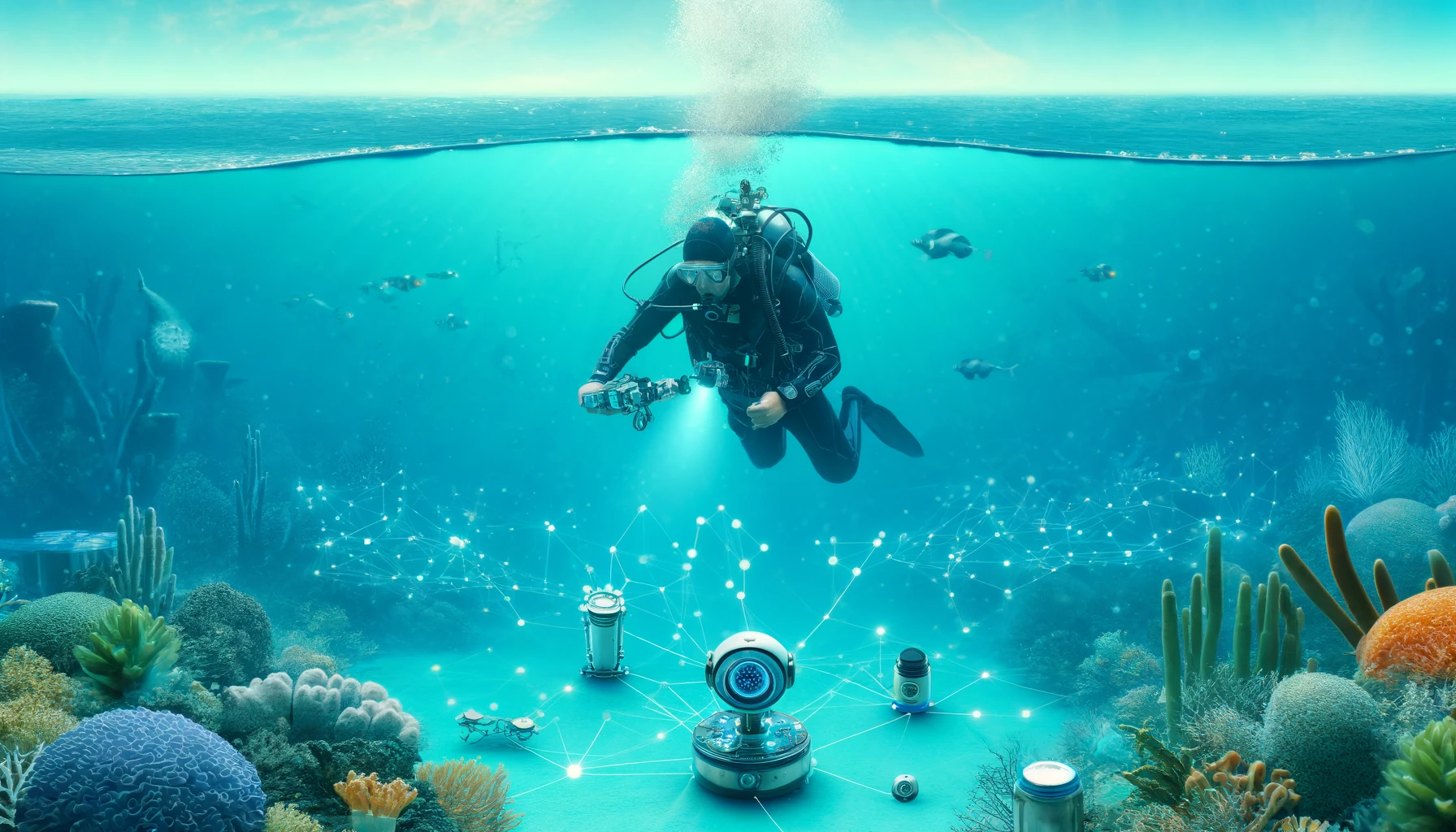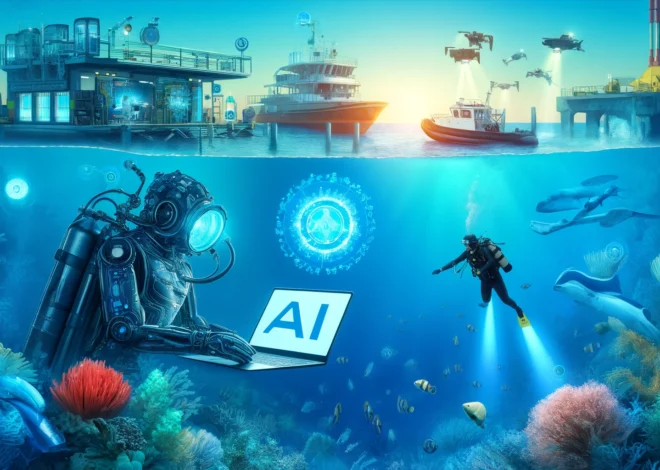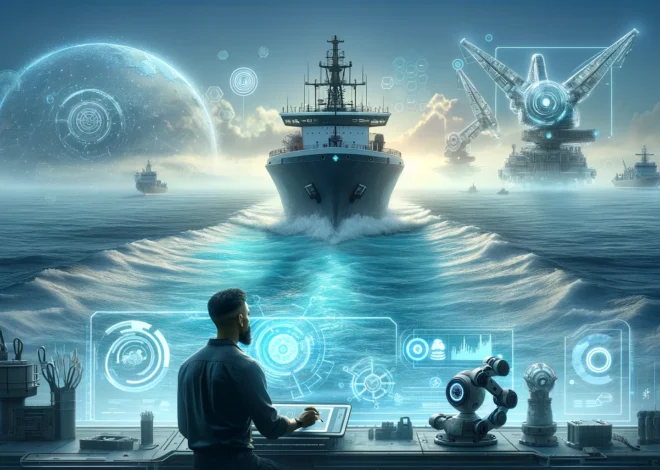
Scuba Diving Jobs in the World of AI
In an era where artificial intelligence (AI) reshapes industries by automating tasks, specific careers remain uniquely shielded from the wave of automation. Scuba diving jobs represent one such field where the human element is irreplaceable, ensuring their persistence and setting the stage for significant growth in the underwater job market. This blog explores why scuba diving jobs are a perfect career option in AI, highlighting their resilience against automation and potential for expansion.
Human Touch in an Automated World
Scuba diving jobs, by their very nature, require a level of emotional intelligence, adaptability, and physical presence that AI and robots cannot replicate. Here are vital aspects that safeguard scuba diving jobs from AI takeover:
1. Critical Decision-Making Under Pressure: Scuba diving involves dynamic decision-making in environments that can change rapidly. Divers must assess conditions, from shifting currents to unexpected wildlife encounters, and make real-time decisions. Although fast and data-driven, AI cannot intuitively react to such unstructured environments with the nuanced understanding of a human diver.
2. Interpersonal Skills and Customer Interaction: Many scuba diving jobs involve guiding and teaching clients, requiring solid interpersonal skills to build trust and provide building trust and reassurance underwater. The empathy, patience, and communication skills needed for these roles are uniquely human traits that AI is far from replicating.
3. Complex Physical Tasks: The physical skills required for scuba diving—such as managing gear underwater, navigating difficult swim paths, and adjusting techniques based on depth and pressure—are incredibly complex. AI-driven robots are not yet capable of performing such tasks with the finesse and adaptability of humans.
Expansion of Scuba Diving Jobs Amidst AI Integration
While AI might seem like a threat to employment in some sectors, it paradoxically acts as a catalyst for job creation in industries related to scuba diving. Here’s how AI contributes to job growth in this field:
1. Enhanced Safety Measures: AI can analyze vast amounts of data from dive sites to predict adverse conditions, thereby enhancing diver safety. This makes the activity safer and potentially opens scuba diving to a broader audience, increasing the need for trained diving professionals.
2. Conservation and Research: AI-driven technologies like underwater drones and data analysis tools are becoming vital in marine research and conservation efforts. Human divers are essential to operating these technologies, performing physical tasks, and making judgments based on the data collected. This synergy between human divers and technology is expanding the scope of scuba diving roles in scientific research and environmental monitoring.
3. Tourism and Recreational Diving: As AI improves safety and opens up new possibilities for underwater exploration, the tourism sector will likely see a rise in demand for diving excursions. This increase in interest will naturally lead to more jobs for dive instructors, tour guides, and support staff in recreational diving hubs worldwide.
Conclusion
Scuba diving jobs stand out as a career path uniquely suited to thrive in the age of AI. They blend the irreplaceable human qualities of empathy, physical skill, and adaptability with the advantages that AI technologies bring to the field. For those seeking a career combining a passion for the ocean with long-term security and growth potential, scuba diving offers opportunities. Far from being replaced, these roles are set to become more pivotal as we dive deeper into the future.



